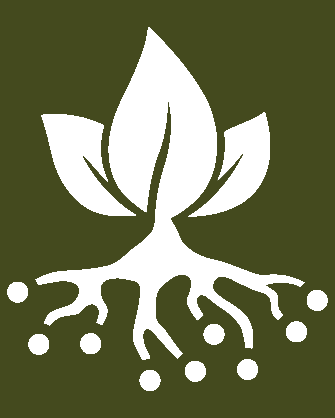 JSTOR Labs, a part of ITHAKA, and Dumbarton Oaks have launched the Plant Humanities Lab, an interdisciplinary digital humanities project hosting essays designed for use in the classroom.
JSTOR Labs, a part of ITHAKA, and Dumbarton Oaks have launched the Plant Humanities Lab, an interdisciplinary digital humanities project hosting essays designed for use in the classroom.
Designed in collaboration with experts from various disciplines and with funding from The Andrew W. Mellon Foundation, the Plant Humanities Lab helps educators bring the study of plants and their connections to the world around them to life for your students with a growing set of freely available multimedia essays produced by faculty and students. Each essay explores various aspects of the cultural histories of plants and their extraordinary significance to human culture from the perspectives of the arts, sciences, and humanities.
Unlike other publications, these narratives use technology and digital content to communicate research in powerful ways that connect with students. Using the tools provided by the Plant Humanities Lab, these research narratives engage learners, taking them on a journey. “Carolina Rice: An Agricultural Legacy of Enslaved Peoples”, traces the history of this heritage grain and its path from Africa to the Carolinas to India, while “Cinnamomum verum: Discovering “True” Cinnamon” addresses how issues of “authenticity” and imperialism have come to bear on a spice popular around the world.
This work can be brought into the classroom and used to enrich lesson plans relating to a wide variety of disciplines and topics, such as climate change, post-colonialism, and coevolution. “Dittany: Women’s Herbs and Reproductive Control” illustrates how women passed information about medicinal herbs from one generation to the next over the course of more than 2,000 years, connecting themes of trade, the history of science, and gender studies.
In addition to the interactive plant narratives, the Plant Humanities Lab offers users a search and resource discovery interface powered by Linked Open Data. The discovery component presents a plant-oriented window into the wealth of data available in WikiData alongside the ability to discover related primary and secondary sources from vast repositories such as JSTOR Global Plants, JSTOR, and Artstor – all part of ITHAKA – as well as other community resources like the Biodiversity Heritage Library .
We invite educators to explore the Plant Humanities Lab and share your feedback using the “Contact Us” form on the site’s drop-down menu.